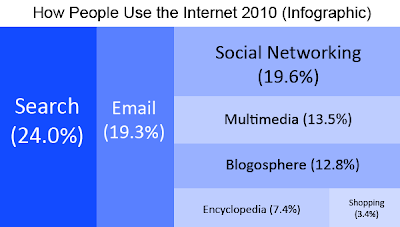This I do understand: When one buys something, it becomes a property of that person, who can then exercise any of the rights of ownership over that something. Basket of rights. Me gets.
This I don’t understand: When one buys a mobile phone, it becomes property of that person, who can then exercise any of the rights of ownership over that mobile phone, subject to the restrictions that may be imposed by the producer or even by law. Me no gets.
In the US, the Copyright Office just ruled, among other things, that jailbreaking a mobile phone—allowing the use of a software not approved by the phone seller—is perfectly legal. According to Dan Gillmor of Salon.com, the ruling also renewed a prior exception to US federal copyright law that allows unlocking a phone for use with other networks. While Gillmor hailed these as triumphs, he also opined that these are minor wins in a war being waged in an “unbalanced” and “copyright holder”-biased legal system.
This I do understand: Similar devices may have compatibility issues, which explain why stuff that works in one does not work with another. Can’t play a PC game disc in an Xbox 360 console (God, I miss gaming…). Me gets.
This I don’t understand: Similar devices may not have compatibility issues, but stuff that works in one device will not work in another because the seller, or, in some instances in certain jurisdictions, the law says so.
Mobile technology these days greatly facilitates communication. The irony is that some of these technological advancements only communicate with each other. Some cellular phones are SIM-locked, which can limit the use of the same. For instance, going abroad on business with a SIM-locked phone is undeniably more expensive (Gillmor concurred with this, as do most of you I presume) than with an unlocked phone using a local SIM. I had one of my postpaid lines cut because it racked up a huge bill… which took quite some time to fully settle.
This I do understand: Any device purchased comes with a warranty. Seller says to buyer, “good condition”; buyer takes seller’s word for it. The deal: should the device fail to work, under normal or regular use, seller replaces it or repairs it for free. Me gets.
This I don’t understand: Rulemaking body says jailbreaking and unlocking mobile phones are perfectly legal. In fact, as Gillmor reported, such acts were regarded by the Copyright Office as “innocuous at worst and beneficial at best.” But phone sellers say that could void the warranty. Me no gets.
Oh, wait, I do understand that: Greed.
-- William G. Ragamat













